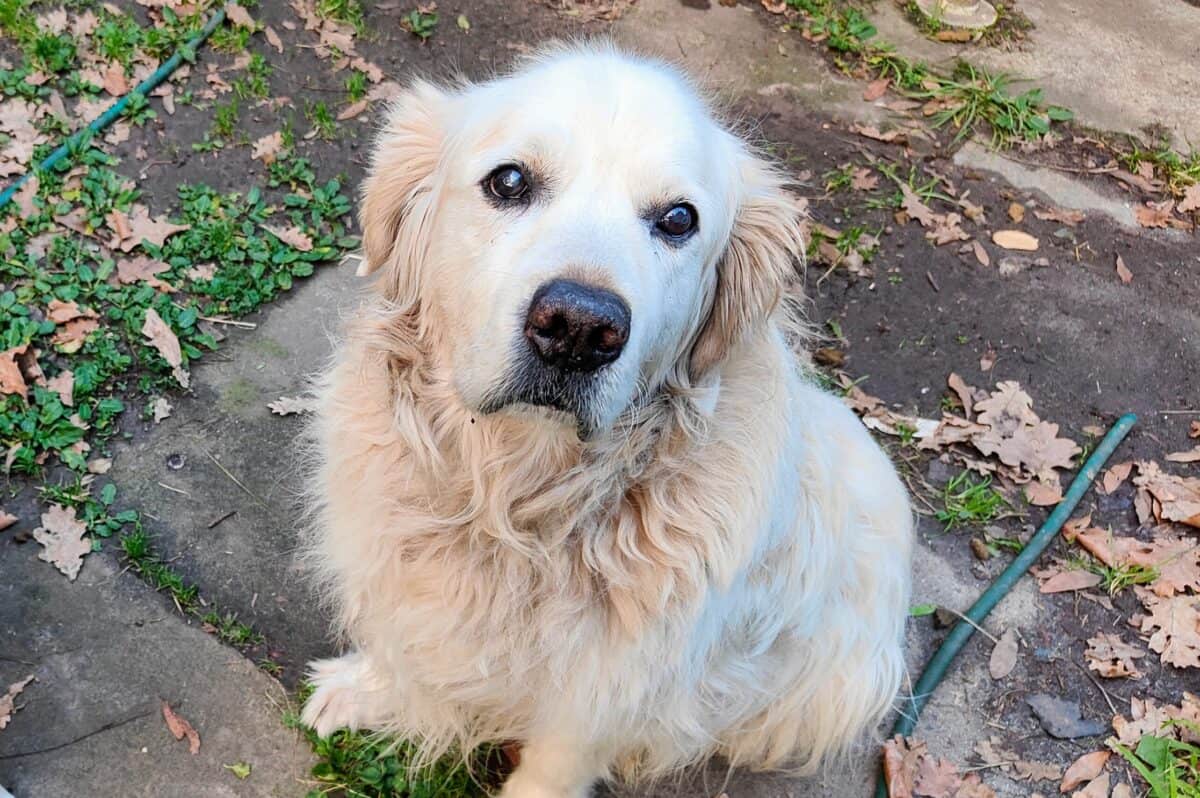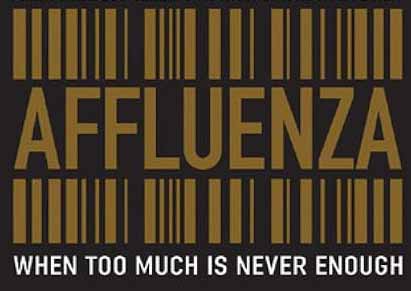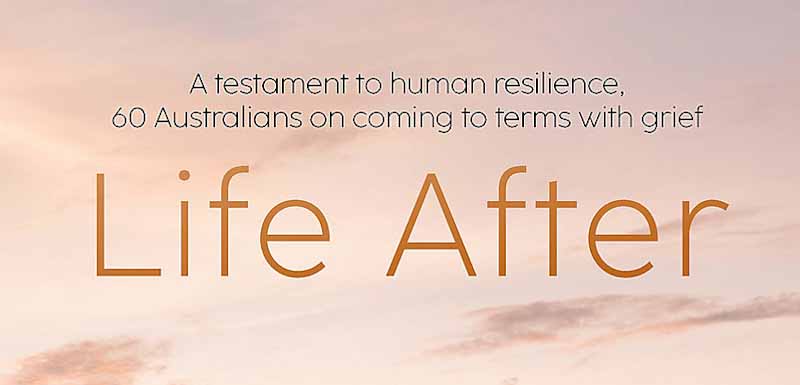One of the most appealing little occupational health and safety (OHS) crossed my desk the other day. It is a small, cheap book called “Work Well From Home – Staying Effective in the Age of Remote and Hybrid Working“. Although this updated edition was published in 2023, its appeal is that it is a reissue from 2005 when the advice is largely pre-COVID, pre-broadband service, pre-Zoom, and pre- lots of issues that now seem to complicate working from home.
Category: book
An economics perspective on overwork
As Ingrid Robeyns’ Limitarianism book hits the Australian bookshops, an earlier examination of the role of excessive profits of “affluenza” from 2005 is worth considering. How does this relate to occupational health and safety (OHS)? The prevention of harm and the reduction of risk are determined by employers deciding on what they are prepared to spend on their workers’ safety, health, and welfare. Employers are looking desperately for effective ways to meet their new psychosocial harm prevention duties. Economists identified strategies in 2005.
From troublemaking to a social movement on OHS
It is unlikely that the book “Troublemaking – Why You Should Organise Your Workplace” will be read by anyone outside its intended audience – trade union members and organisers. However, it should be. Organising people into protests, pressure groups, lobbyists or broader sociopolitical movements is not owned by the trade unions, although they have mastered some of the techniques.
It is possible to dip into this book for information on mobilising workers independently of trade union structures but not ideology. This approach may be particularly useful for occupational health and safety (OHS) practitioners who want to create a movement within a company, industry, or community that argues for improved workplace health and safety and to build a collaborative culture of consultation, dialogue and joint decision-making.
Predatory Capitalism and OHS
A fundamental aim of occupational health and safety (OHS) is the prevention of harm. To determine the most effective ways of preventing work-related harm, OHS professionals must investigate the source of harm. This requires them to look beyond their own workplaces to socioeconomic factors. Greed is the source of almost all of the world’s economic woes.
Greed manifests in the OHS context by employers not allocating sufficient resources for people to work safely and healthily. This greed, this seeking of maximum profits and excessive wealth, is supported by legislative, financial and social institutions. A new book by Ingrid Robeyns – “Limitarianism, – The Case Against Extreme Wealth” – offers several examples of how greed creates unsafe work.
Understanding Grief
Occupational health and safety (OHS) has always dealt with death. Many of the most significant legislative and operational changes have resulted from one or more work-related deaths. The horror and tragedy of each death cause us to redouble our efforts to prevent untimely death.
The reality of occupational deaths and the quest to prevent death are crucial elements of OHS’s beliefs, philosophy and principles. Each of these deaths generates grief, an emotional and mental state that an Australian book explores from the “lived experience”.
Life After is a curious book published in 2021.
A frustrating but informative book
There are so few occupational health and safety (OHS) books that it is often necessary to look outside the OHS field for answers in the OHS field. One example of such a book is “Work Psychology – The Basics” by Dr Laura Dean and Fran Cousans. The authors could have increased their readership and scope if they had also considered psychosocial issues more closely, but this book is about psychology. Even so, some useful perspectives are offered.
“Backbone of the Nation” and safety
In 1984 I was in England during the miners’ strike, a period of profound social and political change in the United Kingdom. The politics of that period have always fascinated me, but my profession has also caused me to look at some of the attitudes to occupational health and safety (OHS). While holidaying recently in the UK, I purchased Backbone of the Nation, looking at both the politics and safety.







